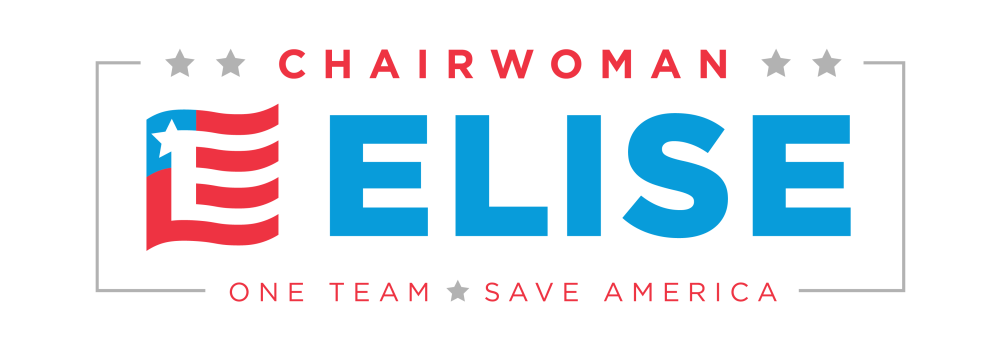Alex Gault
September 22nd, 2023
NEW YORK CITY — Gov. Kathleen C. Hochul signed a slate of election laws into effect on Wednesday that open access to voting by mail to most New Yorkers, and make other changes aimed at making voting easier.
In a ceremony in New York City on Wednesday, Gov. Hochul signed ten bills into law that address a myriad of aspects of New York’s election process.
One bill establishes the first day of early voting in general elections as a day when someone can both register to vote and cast their ballot, another requires county jails to provide voter registration data to the people they discharge from incarceration. Another bill bars the state’s presidential Electors, sent to the Electoral College once every four years to officially vote for the U.S. president, from becoming ‘faithless electors’ and not voting for the candidate they are pledged to support.
But the most significant bill signed on Wednesday establishes a new process by which New Yorkers can vote by mail before election day. Starting on Jan 1, 2024, all eligible and registered New York voters can vote early by mail in advance of an election, without applying for an absentee ballot.
A new application process will be developed allowing voters to request early mail ballots up to ten days before an election. Local Boards of Election would then provide a postage-paid envelope with a mail ballot, which can be mailed back up to election day and must be received up to seven days after election day.
Voting rights advocates have long pushed for such a system in New York and across the U.S., arguing that it makes voting easier to access and less stressful for busy voters, and poses no legitimate security concerns.
Kathy Boockvar, the former Secretary of State for Pennsylvania who ran that state’s elections through the tumultuous 2020 election, was at the bill signing ceremony Wednesday morning. In a phone interview shortly after, Ms. Boockvar said she was thrilled to see New York, where she was born, advance its election laws yet again. She said she was proud to see the progress New York has made in the last few years, moving from a fairly rigid, in-person Election Day-only system with limited absentee ballot access in the early 2010’s to one that offers widespread early voting and now mail-in voting today.
“I thought the Governor, in her remarks, really captured how important having options for voters is,” she said. “Having experienced in Pennsylvania, when our Governor Wolfe signed Act 77 into law on October 31, 2019, I have to tell you in the years following that change in Pennsylvania how many voters of all backgrounds have reached out to thank us for doing that.”
The new bills were met with immediate opposition from state Republicans, who sued almost immediately in state Supreme Court. A Congressional delegation including Elise M. Stefanik, R-Willsboro, Claudia L. Tenney, R-Canandaigua, as well as a handful of other New York Republicans, the state Republican and Conservative Parties, the National Republican Congressional Committee and the Republican National Committee filed suit against Gov. Hochul, the state Board of Elections and the state almost immediately after the laws were signed Wednesday.
In a press release sent after the filing, Stefanik said she was trying to stop an effort to make New York’s elections “less secure and less transparent,” and “unconstitutional.”
“I am proud to lead this coalition defending basic election integrity on behalf of all New Yorkers,” she said.
The Republican argument against the legislation centers on the failure of a 2021 referendum that asked New Yorkers if they wanted the state to establish a mail-in voting system. That measure, as well as a handful of other Democratic initiatives to amend the state Constitution put to a referendum vote in November of 2021, failed after a strong Republican opposition campaign statewide and negligible Democratic campaigning in support of the measures.
The Republican officials said New Yorkers rejected the attempt to bring mail in voting to New York in 2021 by constitutional referendum, and the legislature lacks the authority to make the changes themselves.
“Gov. Hochul is directly repudiating the will of the voters who overwhelmingly rejected early voting by mail in a referendum two years ago,” said Gerald Kassar, chairman of the state Conservative Party.
The Republican officials, some of whom continue to support the false claims that the 2020 election was stolen by President Joseph R. Biden, argue that mail in voting opens up an avenue for voter fraud and have opposed efforts statewide and nationally to expand mail-in voting beyond the few states that already offer it.
Congresswoman Stefanik based her objection to the Presidential votes from Pennsylvania in 2020 in part on an argument that the state lacked the authority to expand mail-in voting ahead of the Presidential election that year. She was speaking on that objection on the floor of the House on Jan. 6, 2021 when supporters of former President Donald J. Trump broke into the Capitol and halted the election certification for hours.
Ms. Boockvar said she doesn’t see much merit in the Republican opposition to New York’s election expansions. She said she can find no rational reason that some Republicans are so opposed to voting by mail, which she said offers more verification methods than in-person voting ever has and has been used in a number of U.S. states, both Republican and Democrat-controlled, for years.
She said the process is not much different from absentee ballots, which have faced no organized opposition in the many decades they have been available in New York.
“The only thing that has changed is that we are opening it up to more people, the process itself for certifying ballots has more layers for most jurisdictions than in-person,” she said. “You have to apply for a ballot, you have to check that application against a voter database, social security or license database, then you have the address, and there’s a system where there’s a barcode on the envelope with the ballot that tracks this but isn’t tied to the ballot itself. None of this happens when you go in person.”
With the laws set to go into effect on Jan. 1 of next year, and the first election with them in place set for April 2, 2024, there’s time for a court challenge to the new laws to play out before voters head to the polls with them in place. The Republican challengers said they are confident it will not hold up to legal scrutiny, but Gov. Hochul said she had been prepared for the challenge in her remarks at the signing Wednesday.
She referenced the historic fight to secure voting rights, first for Black Americans, then for women, then for younger adults and now to make it more accessible to all facets of American society, and the backlash those laws received in their days.
“You’re going to see the same dark forces unleash as a result of what we’re doing here today,” she said. “It’s coming, the same fear mongering that has attempted to stop progress throughout our entire history. The same arguments whenever we try to expand the right to vote. But I say this; go ahead, bring it on, because there’s always going to be more good people than not. We’ll continue to march on towards progress together.”
Read the article in the Post Star here.





